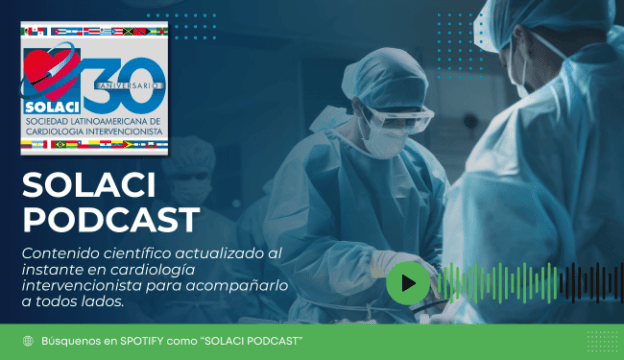Courtesy of the SBHCI.

This was a multicenter noninferiority work carried out in the Netherlands, comparing 1:1 everolimus-eluting bioresorbable scaffold ABSORB and permanent-polymer everolimus-eluting stent Xience.
The primary endpoint was target-vessel failure (a composite of cardiac death, target-vessel acute myocardial infarction, and target-vessel revascularization) at a 2-year follow-up.
Given the information that has recently come to light in relation to bioresorbable scaffolds, the monitoring board chose to report study results early.
With 1845 randomized patients, the primary endpoint at 2 years occurred in 11.7% of patients treated with the bioresorbable scaffold and 10.7% of patients treated with the stent (p = 0.43). Event rates were based on Kaplan-Meier estimates.
No differences were observed in the separate analysis of cardiac death (2% vs. 2.7%), target-vessel infarction (5.5% vs. 3.2%), and target-vessel revascularization (8.7% vs. 7.5%).
However, there was a significant difference in the rates of definite/probable thrombosis: 3.5% with ABSORB vs. 0.9% with XIENCE (hazard ratio [HR]: 3.87; 95% confidence interval [CI]: 1.78 to 8.42; p < 0.001).
Conclusion
In this preliminary presentation of the AIDA trial, there were no significant differences between the everolimus-eluting bioresorbable scaffold and the everolimus-eluting stent as regards death, infarction, or revascularization. The bioresorbable scaffold was associated with a 3-fold to 4-fold risk of thrombosis, compared to that associated with the stent.
Courtesy of the SBHCI.
Original title: Bioresorbable Scaffolds Versus Metallic Stents in Routine PCI.
Presenter: Joanna J. Wykrzykowska.
Subscribe to our weekly newsletter
Get the latest scientific articles on interventional cardiology
We are interested in your opinion. Please, leave your comments, thoughts, questions, etc., below. They will be most welcome.






